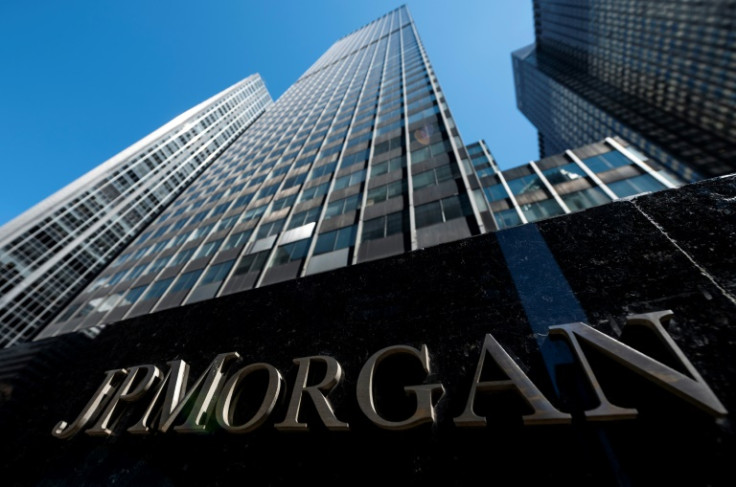
KEY POINTS
- 78% of respondents said they had "no plans" to trade digital assets
- Only 9% revealed they were currently trading cryptocurrencies
- Only 7% believe blockchain will be influential in shaping trading in the next 3 years
Cryptocurrency trading has steadily gained popularity in recent years, but many institutional traders are still uninterested in trading cryptocurrency, a new survey by investment banking giant JPMorgan Chase revealed.
In its 2024 e-Trading Trends Survey, the New York City-based finance giant revealed that 78% of 4,010 institutional traders surveyed had "no plans to trade crypto/digital coins." In last year's survey, 72% of respondents signaled no interest in trading digital tokens, indicating that more traders buying and selling for the accounts of groups or institutions they manage have become less interested in crypto trading.
Only 9% said they were currently trading crypto, and only 12% of the respondents indicated they were interested in trading cryptocurrencies within five years.
The respondents were also asked which technologies they believe will become the "most influential in shaping the future of trading over the next three years." A meager 7% chose blockchain and distributed ledger technology (DLT), while 61% of the respondents bet on artificial intelligence and machine learning.
Back in 2023, blockchain was a popular choice for institutional traders in the annual survey, with 25% of respondents predicting that the technology will shape the future of trading. That year, AI garnered the same percentage of interest among institutional traders.
JPMorgan has been fairly active in the world of digital assets in recent months. Late in December, BlackRock, which was among spot Bitcoin exchange-traded fund (ETF) applicants, partnered with the bank to acquire Bitcoin on its behalf. Some industry experts expressed surprise at the time, considering JPMorgan CEO Jamie Dimon's anti-crypto rhetoric.
The BlackRock partnership was announced just a few weeks after Dimon told lawmakers during a Senate Banking Committee hearing that he has "always been deeply opposed to crypto, Bitcoin, et cetera," raising concerns about the vulnerability of digital assets to criminal activities "because it is somewhat anonymous."
At the time, Dimon faced backlash from the crypto sector, with some analysts and enthusiasts calling the banking executive a "hypocrite." They also pointed out that Dimon was in "no position" to criticize Bitcoin as it is the "second most penalized financial institution."
He was also criticized by some of the most famous Bitcoin enthusiasts such as Edward Snowden and MicroStrategy co-founder and executive chairman Michael Saylor.
Meanwhile, JPMorgan analysts warned that the rising dominance of stablecoin Tether (USDT) may not be beneficial to the wider crypto ecosystem considering how Tether is "lack of regulatory compliance and transparency" at a time when stablecoins are faced with regulatory risks across various countries.
Other stablecoins may be spared from regulatory risks since some issuers have become more aligned with existing guidelines. Stablecoins may even gain their own place in the crypto market if a crackdown on risk-ridden stablecoins is implemented, the bank said.







